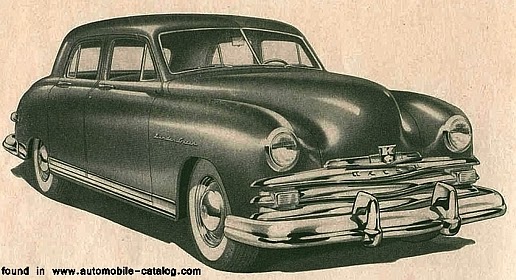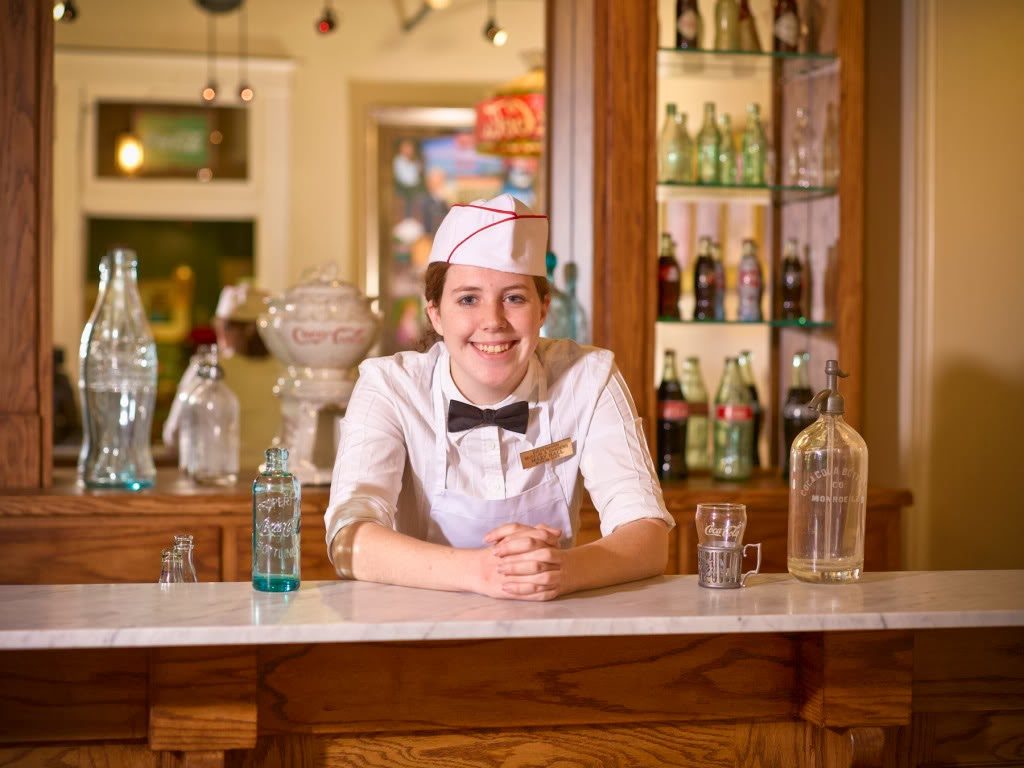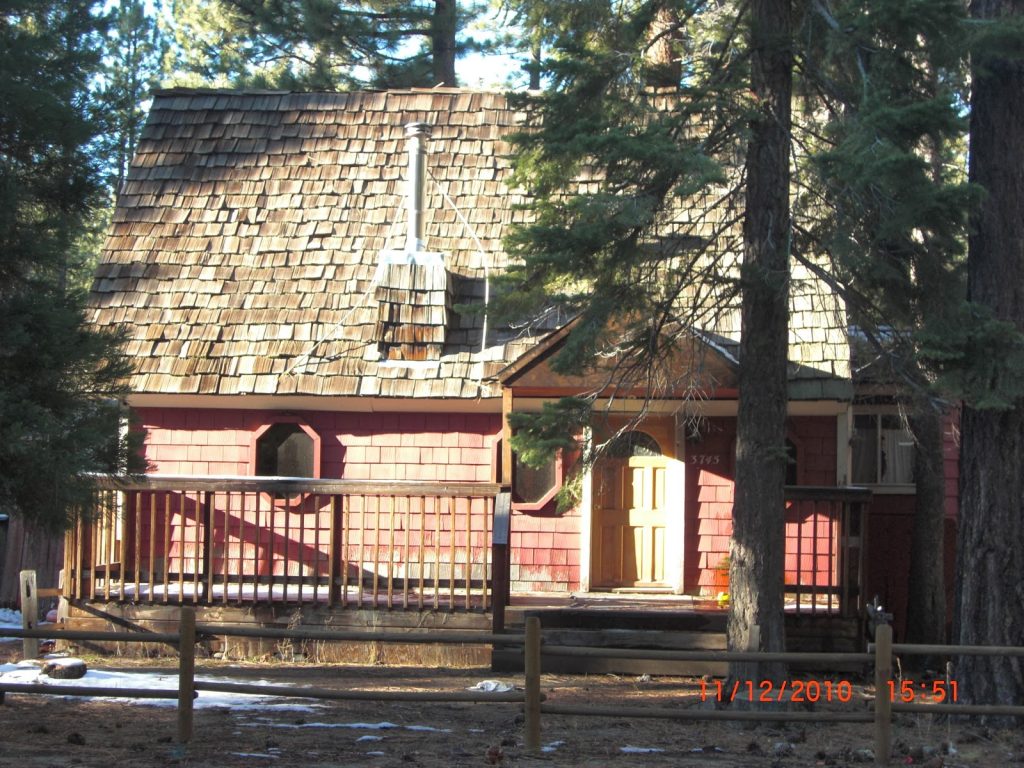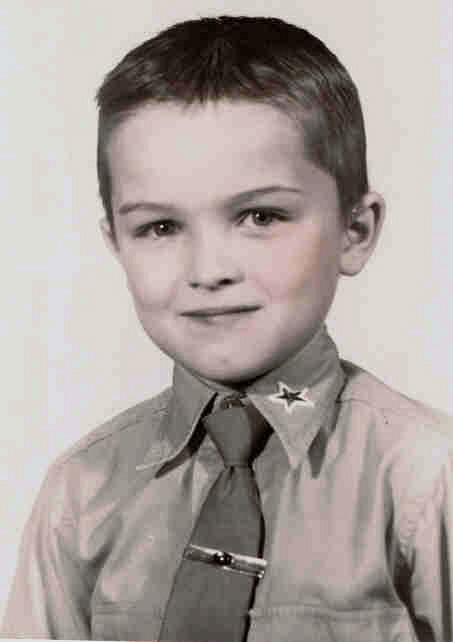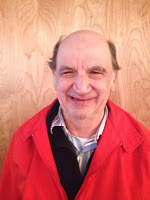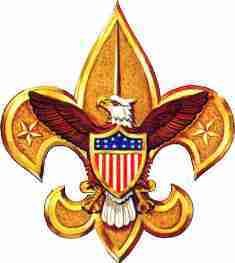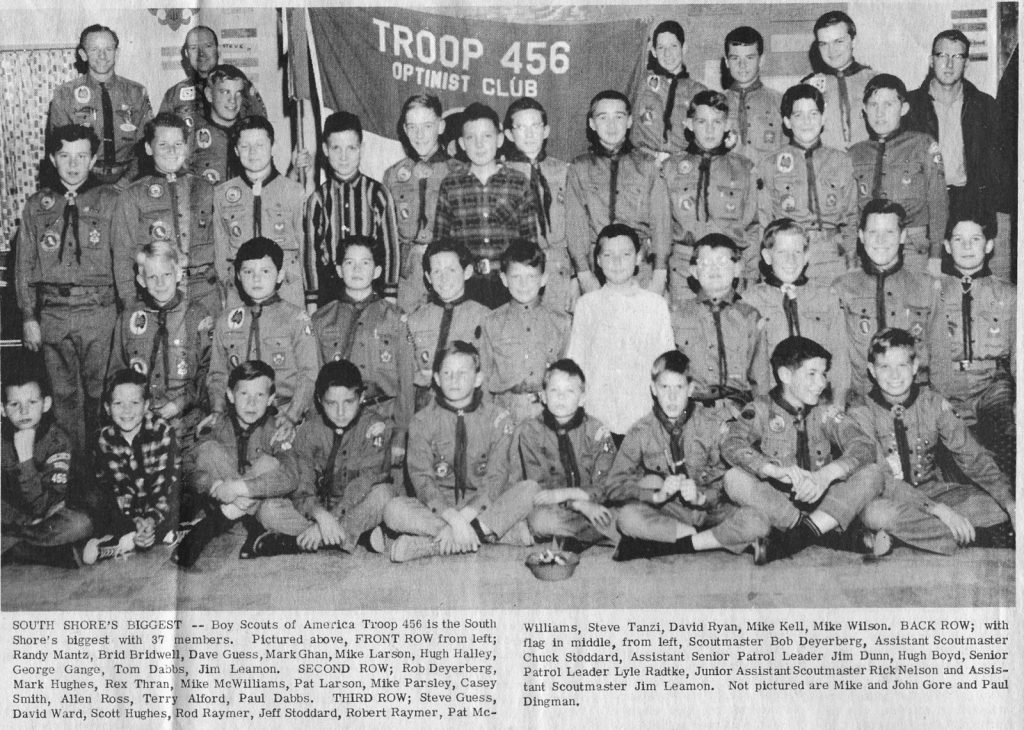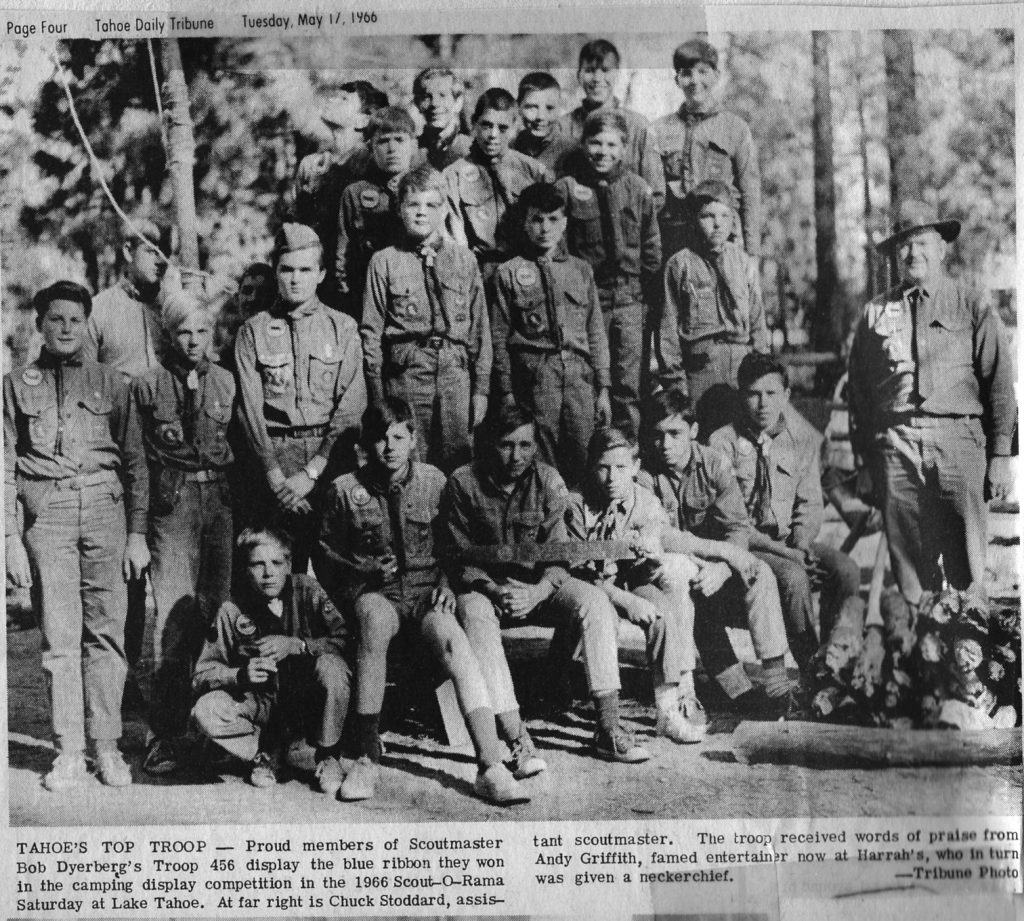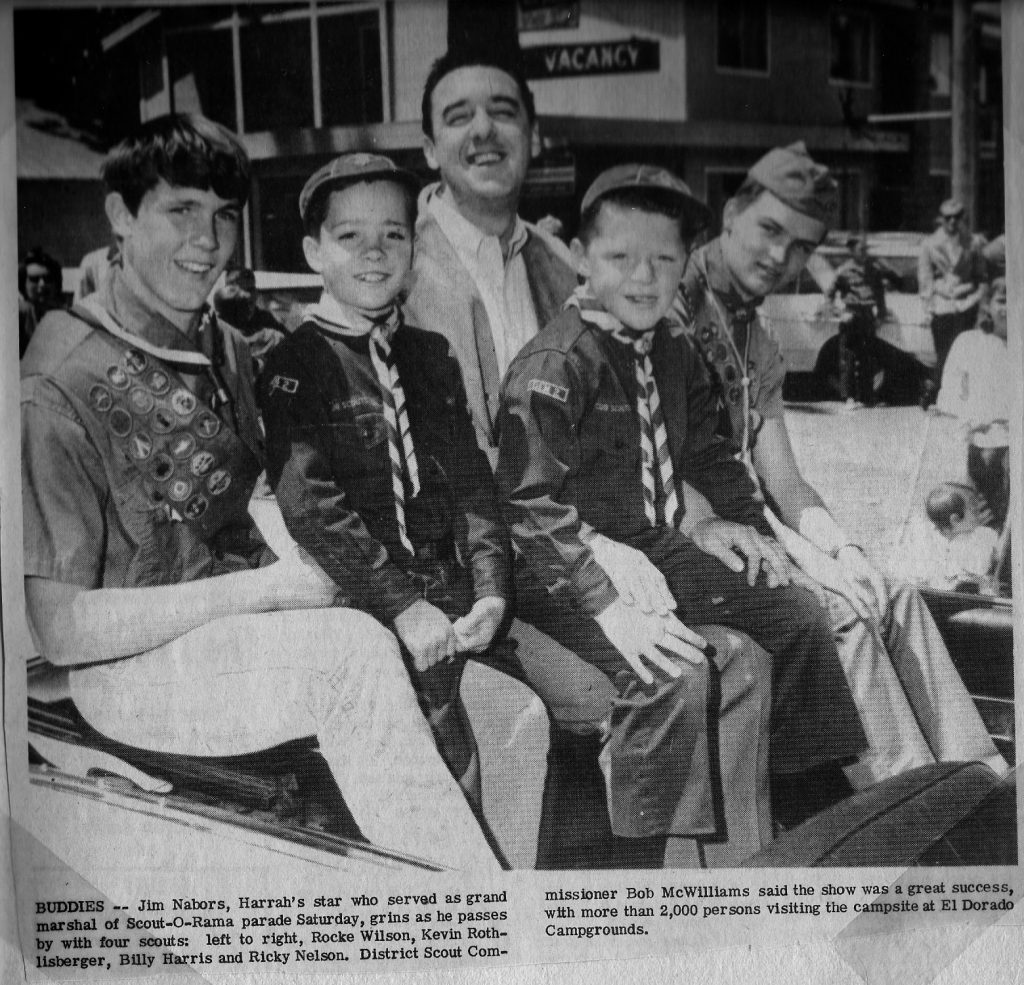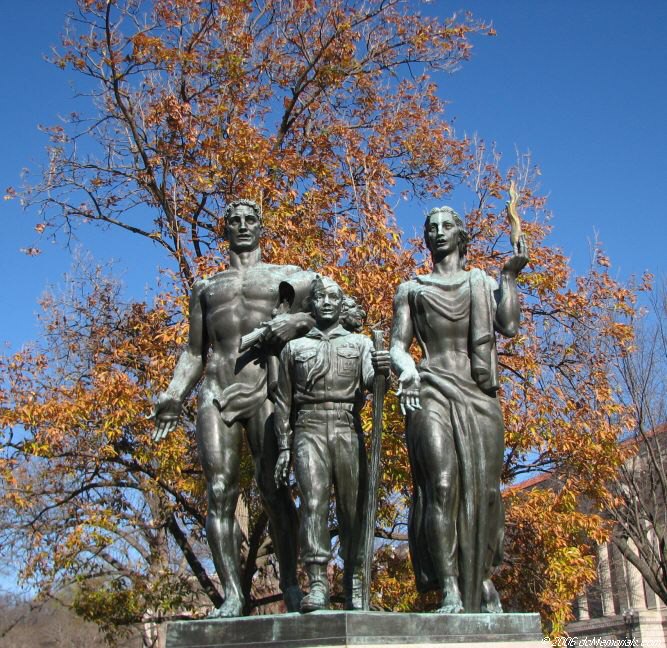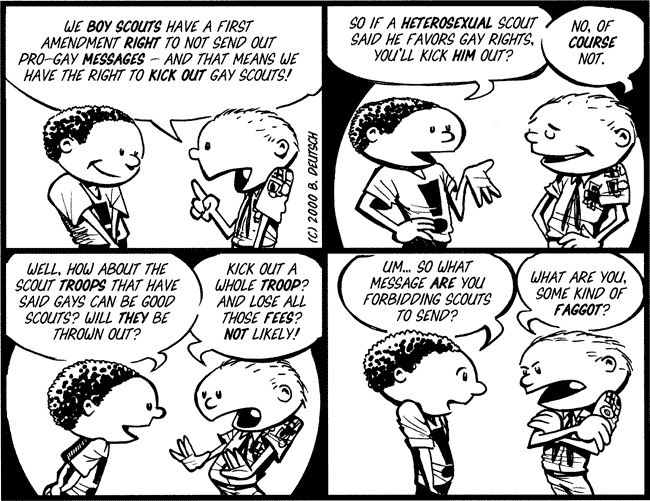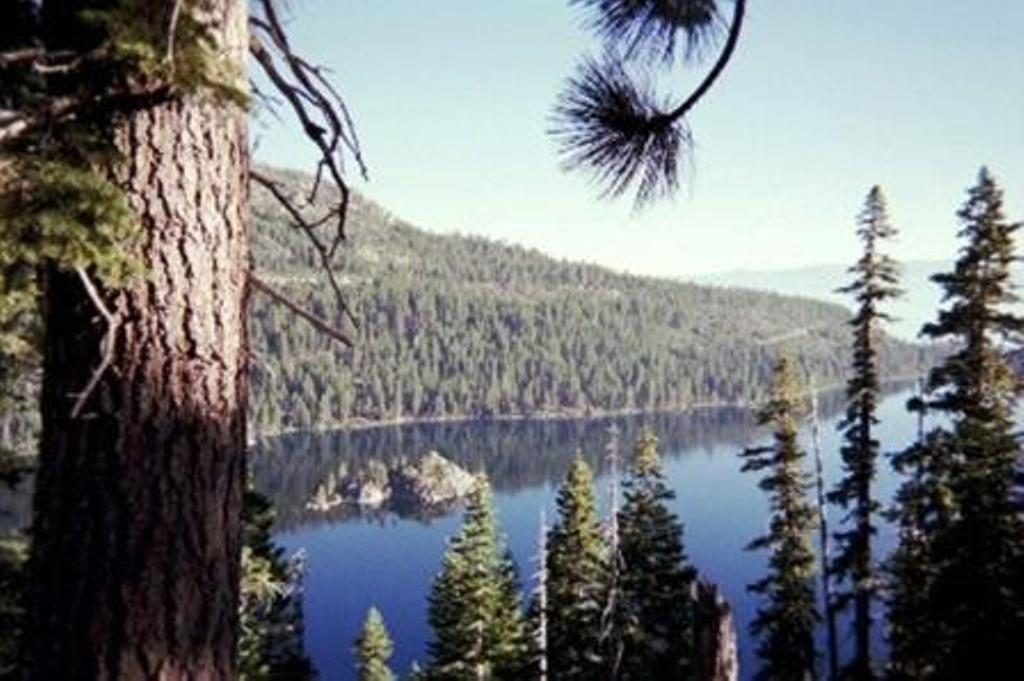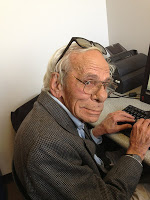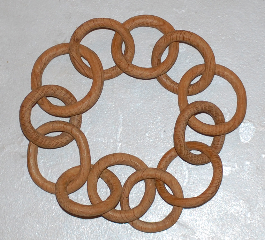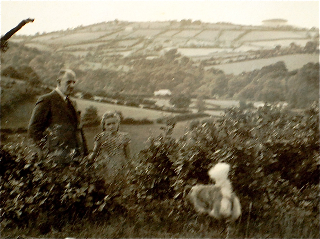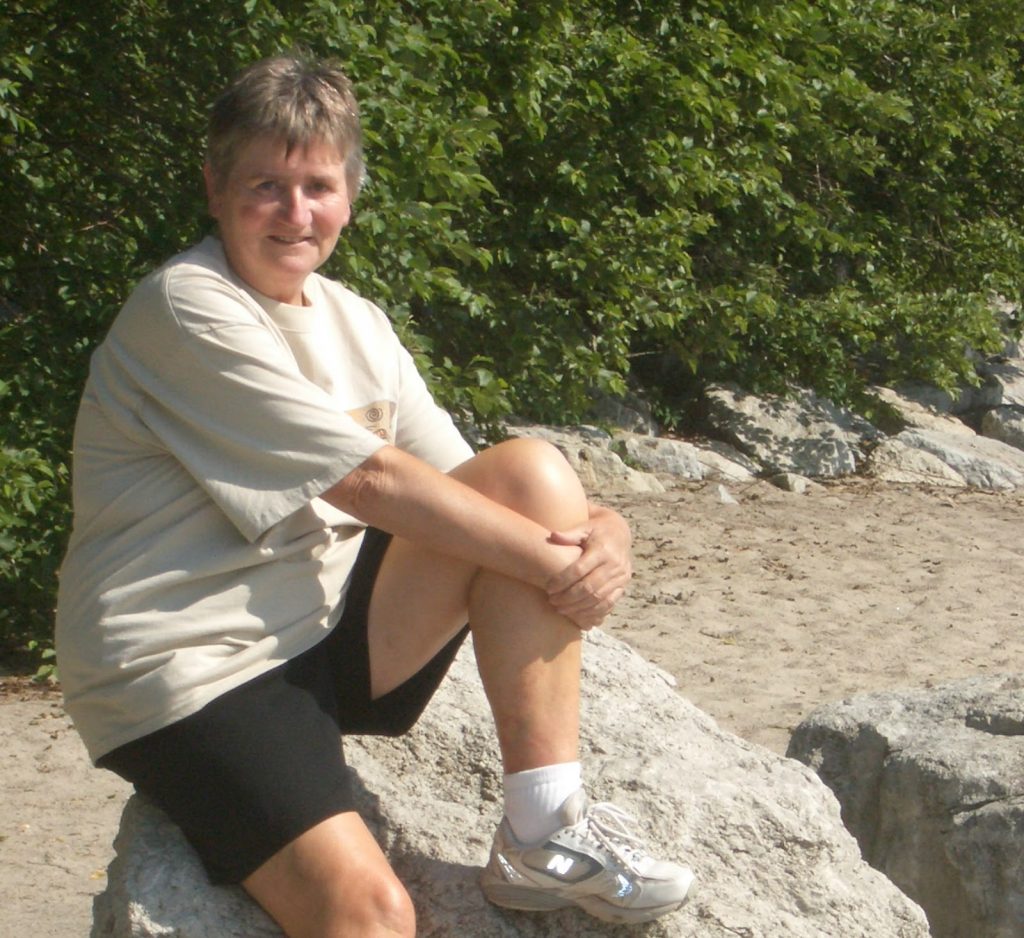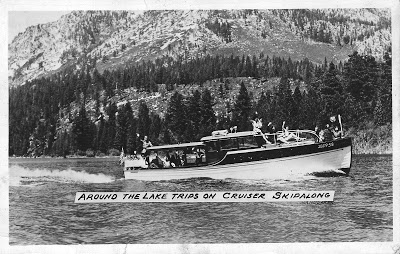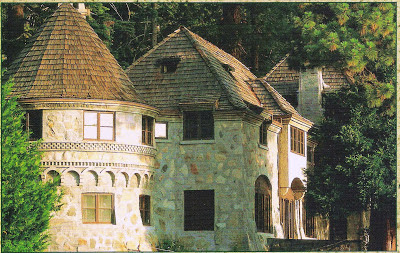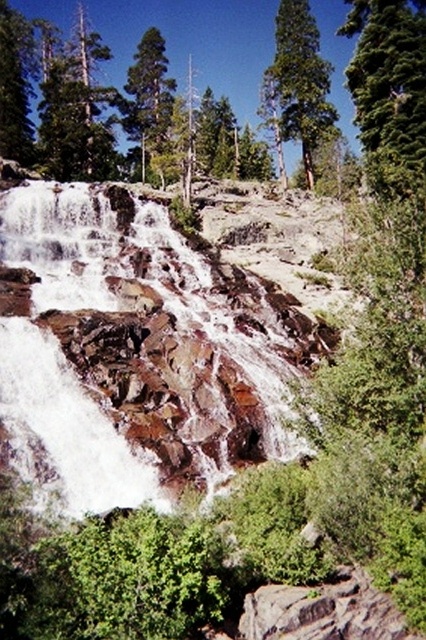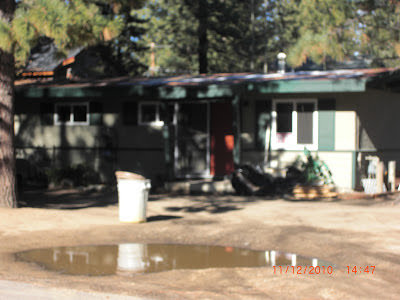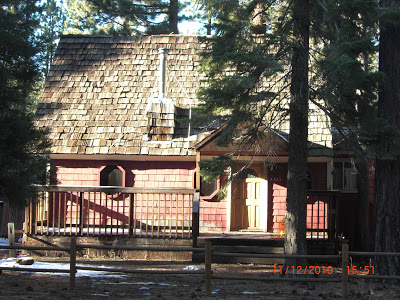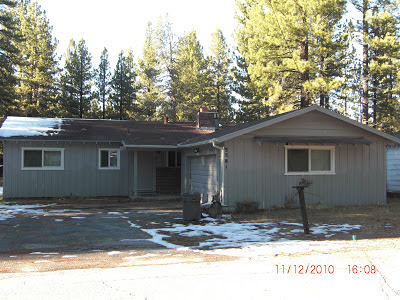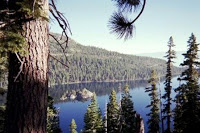I have shared here before my story about my first summer camp experience when I was about eleven years old and, after about four days of utter misery and homesickness, wrote a letter to my parents saying, “If you love me, you’ll come and get me.” Well, that experiment didn’t work out as I had hoped so I adapted and learned that being away from home wasn’t as bad as it first appeared.
After high school and two years of community college, I was actually eager to go away to university and leave my parents to fend for themselves. I suspect that they were as relieved as I was…or, at least, that was likely true for my mother. I remember that it was at about this time that my dad first started giving me a hug at home-comings and -goings.
After graduation, with engineering degree in hand, I began applying for work. I had only two interviews in my home state–one with Kansas Power and Light and the other with General Electric in Kansas City. My other interviews were with corporations in Ohio or Michigan. When I told my parents that I was accepting a job at Ford, I was pretty certain that Dad would be proud, as he had always been a “Ford Man”. But I also knew that he would be sorry to see me move so far away. I was his only child. (My mother had a son and daughter from an earlier marriage who lived in nearby Pratt, Kansas.)
My parents were both pleased when I married and became a father in my own right. They both liked my wife, Jan, and she them. When Jan and I married and bought our first house, I approached my parents about a loan for the down-payment. My mother nixed the idea. It wasn’t a lot of money, only $1200, with a promise to pay it off within a year. (The year was 1972. The mortgage was only $24,000. In those days, you could buy a lot of house in Detroit for that money.) We ended up borrowing the money from Jan’s parents, interest-free. I never quite forgave my mother for that slight.
My parents and I exchanged visits back-and-forth as often as we could and even took vacations to Colorado together with Jan’s parents. My mother, always reserved, seemed to look down her nose a bit at my in-laws, neither of whom was college-educated. Mom did not have a diploma, either, mostly due to the inability to pay for it as her parents thought that sending a daughter to college was a waste of good money. Perhaps that fact sheds some light on why she was so reluctant to help Jan and me out financially. (This thought just occurs to me as I write this. See what writing one’s memoirs can do to shed light into long-darkened corners!)
I have attended every high school reunion for the Hutch High Class of 1964 since graduation. On one such occasion, after both of my parents had died, I parked my car across the street from the house I had lived in until I was of kindergarten age. As I sat in the car alone, I was overcome by a wave of grief that left me sobbing uncontrollably–no particular memories, simply gut-wrenching emotion. It was as if a part of me were still there, trapped in that house, and could only be redeemed by getting away from home and never going back.
[P.S. Nothing in this story is intended to be, can be construed to be, or has even the slightest relation to anything “experimental”.]
© 3 August 2015
About the Author
I came to the beautiful state of Colorado out of my native Kansas by way of Michigan, the state where I married and I came to the beautiful state of Colorado out of my native Kansas by way of Michigan, the state where I married and had two children while working as an engineer for the Ford Motor Company. I was married to a wonderful woman for 26 happy years and suddenly realized that life was passing me by. I figured that I should make a change, as our offspring were basically on their own and I wasn’t getting any younger. Luckily, a very attractive and personable man just happened to be crossing my path at that time, so the change-over was both fortuitous and smooth. Soon after, I retired and we moved to Denver, my husband’s home town. He passed away after 13 blissful years together in October of 2012. I am left to find a new path to fulfillment. One possibility is through writing. Thank goodness, the SAGE Creative Writing Group was there to light the way.

